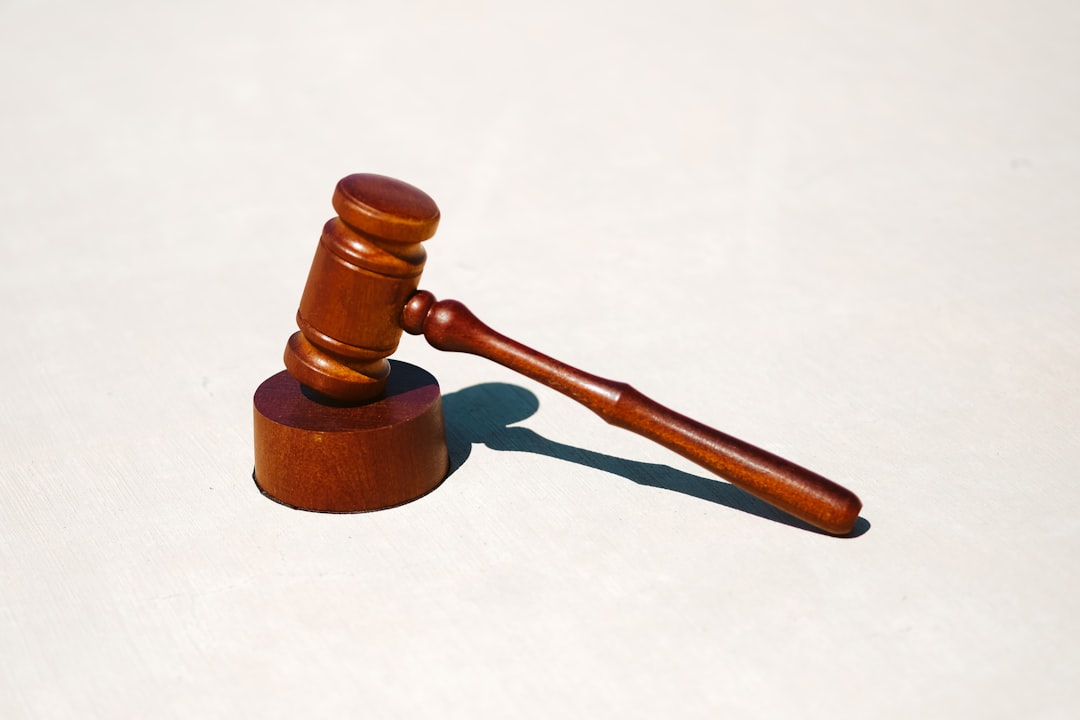Sexual harassment and assault are serious issues governed by Indiana state laws and federal regulations like the Civil Rights Act of 1964 and Sexual Harassment Prevention Act. A sexual assault attorney in Indiana is crucial for victims navigating these complexities, offering guidance on rights, interpreting laws, and pursuing justice against perpetrators or negligent employers. These attorneys differentiate between sexual harassment, involving unwelcome advances without physical contact, and sexual assault, which requires unwanted physical penetration and is more severely punished under Indiana law. They provide specialized support to both accusers and accused, ensuring legal rights are protected while seeking just outcomes, and collaborate with advocacy groups to offer comprehensive assistance to victims.
In Indiana, the distinction between sexual harassment and sexual assault is crucial for understanding legal protections and victim rights. This article guides you through these complexities. We explore the definitions and legal frameworks surrounding sexual harassment, as well as the specific criteria for sexual assault charges under Indiana law. Learn about key differences, the vital role a sexual assault attorney plays in navigating the system, and the resources available to victims seeking justice in Indiana.
Understanding Sexual Harassment: Definition and Legal Framework in Indiana

Sexual harassment is an unwelcome conduct of a sexual nature that creates an hostile or offensive environment. In Indiana, this behavior is addressed under state laws and federal regulations, primarily the Civil Rights Act of 1964 and the Sexual Harassment Prevention Act. A sexual harassment claim involves power imbalances, such as between an employer and employee, where one person uses their position to make unwanted advances or create a hostile work environment. This can include verbal or physical actions, like lewd comments, inappropriate touching, or even non-verbal cues that make someone feel uncomfortable or unsafe in their workplace.
Understanding the nuances of sexual harassment is crucial for victims seeking justice and compensation. In Indiana, a sexual assault attorney plays a vital role in guiding individuals through this legal landscape. They help clients navigate the complexities of state and federal laws, ensuring they receive the support and protection afforded to them under the law. These attorneys specialize in advocating for victims, providing counsel, and pursuing legal action against perpetrators or employers who fail to prevent or stop harassment.
Defining Sexual Assault: A Legal Perspective from the Indiana Code

Sexual assault, a serious criminal offense, is defined by the Indiana Code as any unwanted or non-consensual sexual contact or behavior. The Indiana Code § 35-42-2 outlines that sexual assault occurs when an individual engages in sexual intercourse or other forms of sexual penetration with another person without their consent, or forces another person to engage in sexual contact against their will. This broad definition includes a range of actions, from physical force to coercion and manipulation, ensuring that victims have legal recourse against perpetrators.
A sexual assault attorney in Indiana plays a crucial role in navigating these complex legal definitions, helping victims understand their rights and pursuing justice. These attorneys are well-versed in the nuances of state laws and can provide guidance tailored to each case, ensuring that survivors receive the support and compensation they deserve for their trauma.
Key Differences Between Harassment and Assault Charges

When facing charges of sexual misconduct in Indiana, understanding the distinctions between sexual harassment and sexual assault is paramount for anyone seeking legal counsel. A sexual assault attorney in Indiana will highlight key differences that often lead to varied legal outcomes.
Sexual harassment refers to unwelcome and inappropriate sexual advances, requests for sexual favors, or other conduct with the purpose or effect of creating an intimidating, hostile, or offensive work environment. It’s important to note that harassment does not involve physical contact or force. In contrast, sexual assault involves any unwanted sexual penetration—oral, anal, or vaginal—or any sexual touching without consent. Unlike harassment, assault requires a physical act and is often more seriously punished under Indiana law. A sexual assault attorney in Indiana will advocate for their client’s rights while navigating these legal nuances to achieve the best possible outcome.
The Role of a Sexual Assault Attorney in Navigating Indiana's Legal System

When facing allegations of sexual harassment or sexual assault in Indiana, turning to a skilled sexual assault attorney is paramount. These legal professionals are well-versed in navigating Indiana’s complex legal system and can provide vital guidance tailored to these sensitive cases. A sexual assault attorney in Indiana will help victims understand their rights and the specific laws surrounding such incidents.
They play a crucial role in protecting the rights of individuals accused, ensuring fair treatment throughout the legal process. With knowledge of state-specific regulations, these attorneys can build robust defenses, challenge evidence, and advocate for their clients’ best interests. Their expertise enables victims to focus on recovery while they handle the legal complexities, ultimately seeking just outcomes.
Rights and Resources for Victims: Seeking Justice in Indiana

In Indiana, victims of sexual harassment and sexual assault have rights and resources available to help them seek justice. If you’ve experienced either of these heinous acts, it’s crucial to know that there are legal professionals dedicated to advocating for your rights. A qualified sexual assault attorney in Indiana can guide you through the complex legal system, ensuring you understand your options and receive the support you deserve.
They can help you navigate the process of filing a report with law enforcement, pursuing civil litigation, or seeking compensation from the perpetrator. Additionally, these attorneys often work closely with local advocacy groups to provide victims with emotional support, counseling, and access to legal aid. Remember, taking action is essential to prevent further trauma and ensure that justice is served.





